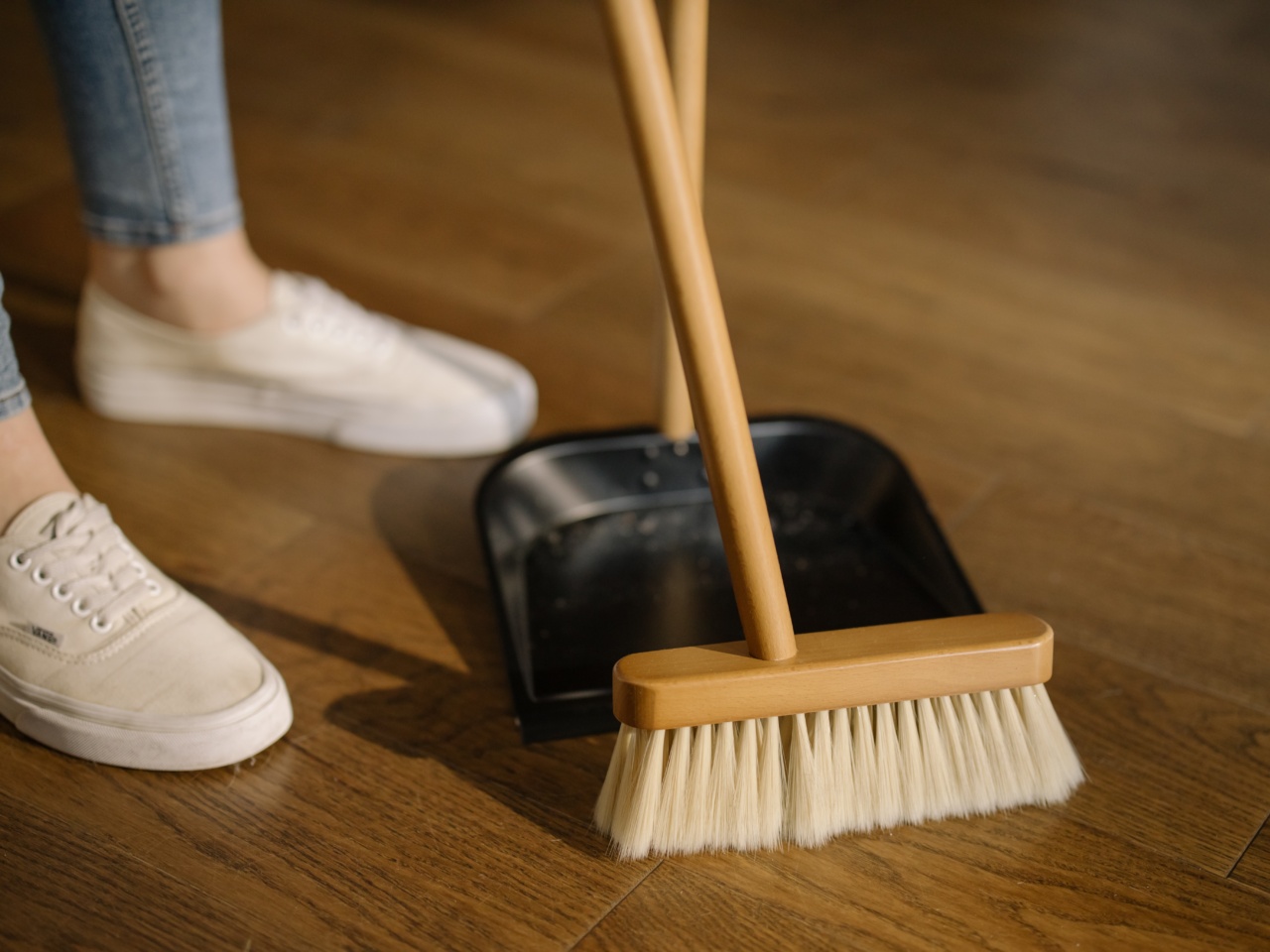It’s common for people to forget to clear out their medicine cabinets. After all, they’re not exactly part of our daily lives, and we rarely give them much thought. But there are real risks involved in keeping outdated medicines at home.
While it might seem like a minor issue, it could actually be endangering your health and the safety of others. Here’s a closer look at why you should take care of your medicine cabinet regularly.
Risk of taking outdated medicines
The most obvious risk of keeping outdated medicines at home is accidentally taking them, but why is this so dangerous?.
In some cases, outdated medicines have lost the potency to be effective in treating the conditions that they were meant to treat.
This means that you might think you’re treating a specific illness, but in fact, the medicine you’re taking is no longer active. You’ll be wasting your time, effort, and money on something that won’t really help you.
But the bigger issue with taking outdated medication is the risk of adverse side effects. Over time, the chemical composition of drugs can change, making them more harmful or even toxic.
This can cause side effects like allergic reactions, breathing difficulties, liver or kidney problems, or even death in extreme cases.
Legal issues
Keeping outdated medicines at home can even land you in legal trouble, especially if you’re found to be in possession of certain types of drugs.
There are guidelines for disposing of prescription drugs that are no longer being used, and failure to comply with those guidelines could result in criminal charges for drug possession.
Additionally, some drugs are classified as controlled substances, which means that keeping them at home beyond their expiration date without a valid prescription is a federal offense. This includes drugs like opioids, tranquilizers, and sedatives.
Exposure to children and pets
Another reason to dispose of outdated medicines at home is the risk of accidental exposure to children or pets. Expired medication may look like candy to young children, making them more likely to ingest it.
The same goes for pets who might accidentally eat human medications.
To avoid this, it’s important to keep expired medicine out of sight and reach of children and pets. You may also want to consider childproofing your medicine cabinet or storing medicine in a locked cabinet or drawer to prevent accidents.
How to dispose of outdated medicines safely
The best way to dispose of outdated medicines is to take them to a drug disposal program. Most pharmacies and hospitals offer this service.
The program will safely dispose of the medicine so that it doesn’t make its way into water supplies or landfills, where it can harm the environment and wildlife.
If there isn’t a drug disposal program available in your area, you can also dispose of expired medicines by following a few simple steps:.
- Remove the medication from its original packaging.
- Mix the medication with something unpalatable, like coffee grounds or kitty litter.
- Seal the mixture in a plastic bag and throw it in the trash.
Maintaining your medicine cabinet
It’s not enough to just dispose of outdated medicines once in a while. To keep your medicine cabinet safe, you need to make sure you’re storing your medicines properly. Here are some tips:.
- Check expiration dates regularly and dispose of expired medicines immediately.
- Keep medicines in their original packaging in a cool, dry place.
- Store medicines out of reach of children and pets.
- Separate prescription and over-the-counter medicines to avoid confusion.
- Talk to your doctor or pharmacist if you have questions about how to store or take your medicine.
Conclusion
Keeping outdated medicines may seem like a small thing, but it can have serious consequences. It’s not worth the risks to keep these unneeded medications taking up space in your medicine cabinet.
Proper disposal of expirations can help keep you and your family safe, and there are plenty of ways to safely dispose of them. Make it a habit to check your medicine cabinet periodically and get rid of any medications that are no longer needed.






























